Past and Future Losses of Income
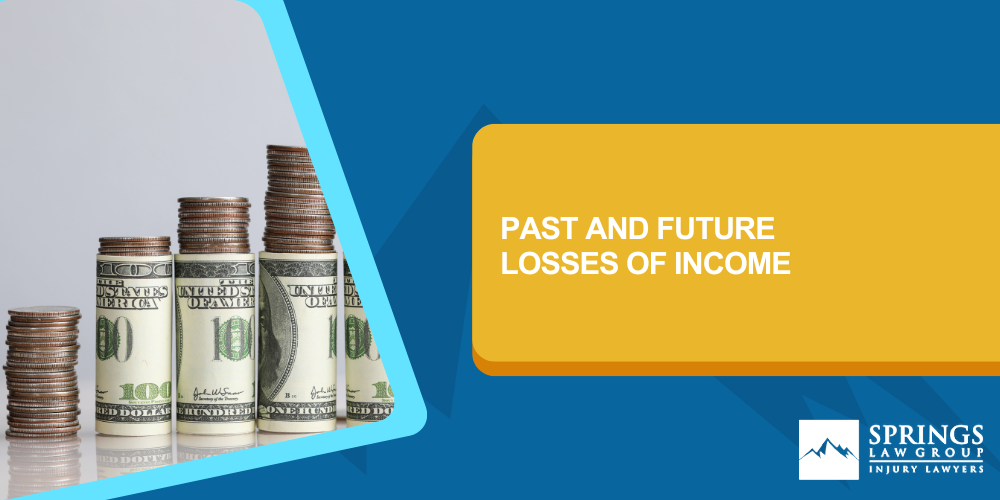
Lost or Past Income
Lost income is simply the income that the injured party lost in the past—measured at the time of trial—due to the injuries related to the claim. Ordinarily, lost income is proven by using the types of income documentation you’d expect: pay stubs, W-2 forms provided by your employer, tax returns, and self-employment business records. However, such documentation is not always necessary and the law allows the injury victim to testify regarding how his or her losses were calculated. Regardless, it is best to keep detailed records of the time you miss from work because of the accident, including time missed for appointments with doctors and other healthcare providers.
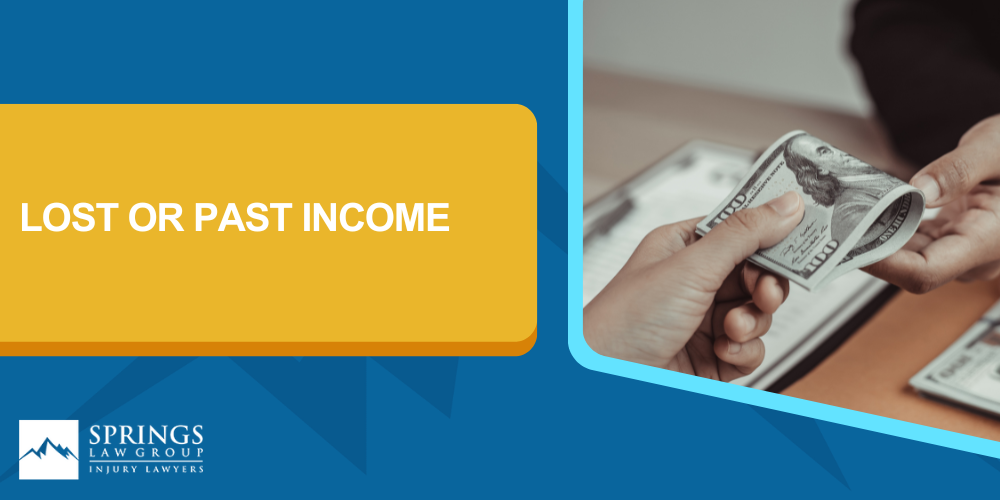
You can also recover for the hours you miss work where, instead of losing pay, you have to use sick leave, personal days, or other types of paid time off. In fact, ask any employee and they will probably tell you that paid time off is even more valuable than simple lost wages because of the mental health aspect of taking vacations or having time you can take off for other illnesses. In addition to paid time off, injury victims can also recover for other types of fringe benefits lost or used due to the accident.
Losses of Future Income or Wages
At trial, it may be that the injury victim is facing a future in which the accident continues to affect his or her ability to earn money. For this reason, the injury victim can recover for future income losses, in much the same types as past lost wages, depending on the nature of their injuries and the proof they offer at trial.
If the injured victim cannot work at all in the future, then the lost future wages are simply the projected earnings the victim would have earned had he or she not been injured. If the victim can work, but only part-time or at a job where they’d earn less than if they had not been injured, then that person’s loss would be measured by the difference between projected actual income and projected income had the person not been injured.
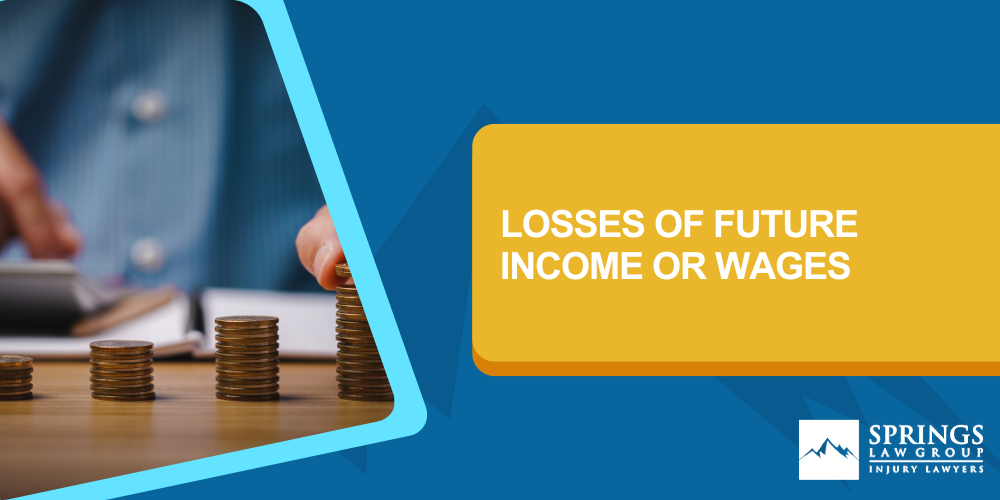
Personal injury plaintiffs can also claim that the accident reduced their expected work life. A person’s expected work life is measured by the date on which they would have likely retired had they not been injured in the accident. Obviously, this date can vary by person and profession, so there is no blanket rule; instead, each situation is unique. Factors to take into consideration include the person’s profession, educational background, experience, actual retirement plans, and the like. People who suffer serious injuries, especially permanent injuries, will often not be able to work as late in their lives as their uninjured peers.
As you can probably guess, such income prognostications, projections, and estimates can be quite complicated and are often hotly disputed by the defense. Therefore, while it is not absolutely necessary to hire an expert to prove such losses, it is recommended because the issues can be quite complex.
Loss of Earning Capacity
Another concept in personal injury damages law is “loss of earning capacity.” Capacity in this context means ability to earn or achieve certain monetary gains. Like a person’s expected work life, earning capacity depends on specific facts in that victim’s life, such as pre-accident income levels and raises, job performance evaluations, education, work experience, work history, and future plans. Even a college student who has not worked but has a strong academic record can prove loss of earning capacity despite the fact he or she has not yet entered the workforce.
This aspect of loss of earning capacity, as opposed to loss of future income, means that the injury victim does not have to have worked, or even intended to work. The question is whether the accident destroyed or diminished the accident victim’s capacity to earn money. Thus, someone who is voluntarily unemployed at the time of the accident could theoretically recover loss-of-earning-capacity damages. Of course, that being said, the victim still has to convince the jury to award such damages, which is understandably more difficult where the injured person was not working at the time of the accident.
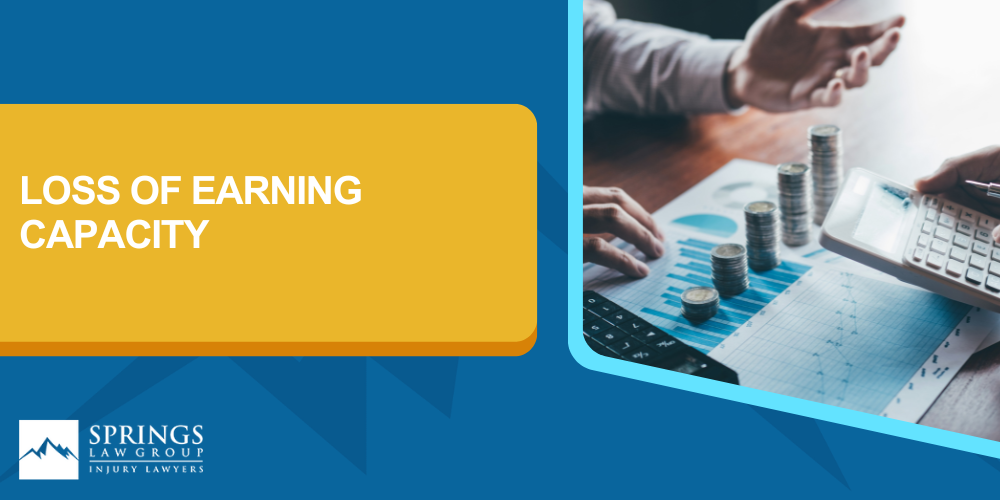
For the reasons discussed above, it is often a good idea to retain an expert, such as a vocational expert, who can analyze the relevant factors and apply their education, experience, and expertise to come up with a number that accurately reflects lost earning capacity. Where the losses are less significant, however, it might not be worth paying for such an expert because they can be expensive. We recommend that you consult with an experienced attorney whether an expert would be best for you.
Conclusion
Income losses are an important aspect of most personal injury claims. It is important that you find an experienced attorney who can help you recover the compensation you deserve for the past and future losses caused by the accident.
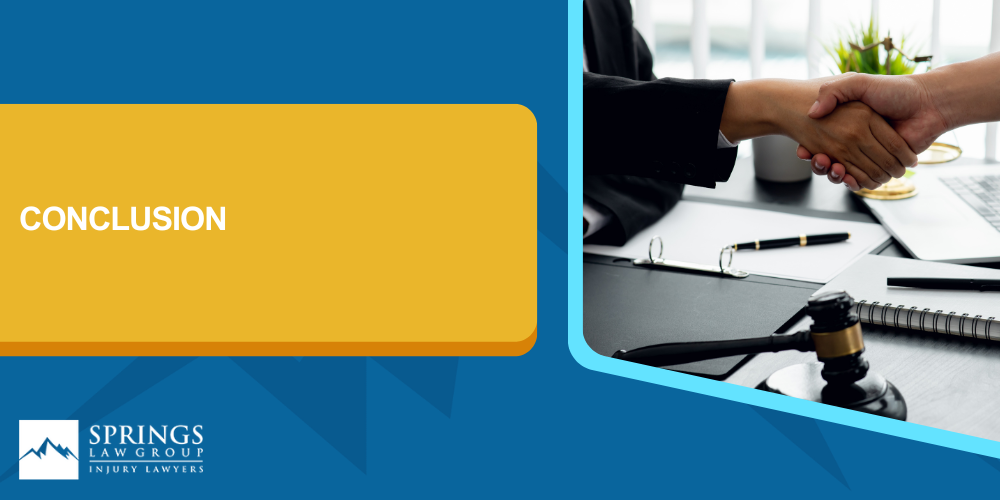
The attorneys at Springs Law Group offer free initial consultations to discuss the effect of lost income and other damages in your case. Contact us online or call us directly at 719.421.7141 to set up your free consultation today.
